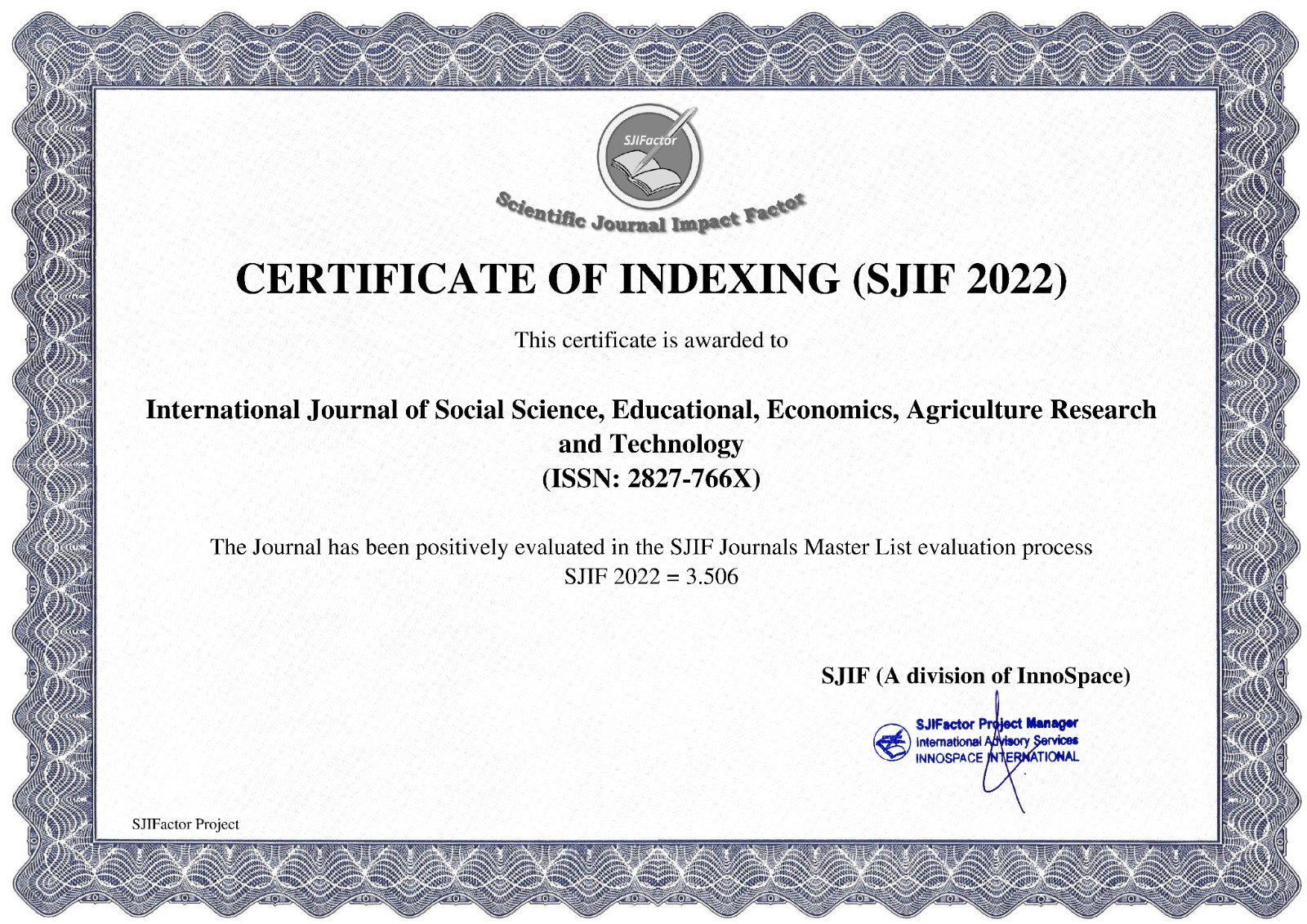THE ROLE OF FUTURE QUR'AN MEMORIZATION TEACHERS (TQ-MD) IN IMPROVING THE QUALITY OF QUR'AN MEMORIZATION OF STUDENTS OF MTS MU'ALLIMIN UNIVA MEDAN
Main Article Content
Fithri Asmelia
Syamsu Nahar
Muslem
The purpose of this study is to determine the implementation of the implementation of tahfiz Qur'an learning, the strategies of TQ-MD teachers in improving the quality of memorization, and the supporting and inhibiting factors of TQ-MD teachers in improving the quality of memorization of the Qur'an of MTs Mu'allimin UNIVA Medan students. This study uses qualitative research methods. The data collection methods used are observation, interviews, and documentation. Data analysis techniques are data reduction, data presentation, and conclusion drawing. The sources of informant data for researchers are the principal of MTs Mu'allimin UNIVA Medan, the vice principal for curriculum, the 9th grade tahfiz coordinator, the tahfiz teacher of the TQ MD program, and several 9th grade TQ MD students. The results of this study indicate 1) the implementation of tahfiz qur'an learning in class 9 TQ-MD is carried out in a structured manner, the implementation is carried out with routine tasmi' activities by applying several variations of methods. 2) TQ MD teacher strategies in improving the quality of students' memorization of the Qur'an are by applying repetition methods (tikrar), routine tasmi' deposits, structured muroja'ah, variations in methods such as halaqah, talaqqi, and memorizing with translation, providing motivation and periodic evaluation, paying attention to time discipline, the existence of rewards and punishments, and collaboration with parents of students. 3) Supporting factors for TQ-MD teachers in improving the quality of students' Al-Qur'an memorization are high student motivation, support from students' parents, a conducive school environment and adequate facilities, and a structured TQ-MD program. Meanwhile, inhibiting factors are lack of student motivation and psychology
Anggraini. (2022). Pengaruh Pendidikan terhadap Perkembangan Anak. Jurnal Pendidikan Anak, Vol. 10, Hal. 6, 8, 9.
Aghajari. (2018). Analisis Ekonomi Padi di Indonesia. Jurnal Ekonomi Pertanian, Vol. 3, Hal. 1.
Aini, S. (2016). Studi tentang Kesejahteraan Sosial. Jurnal Sosial, Vol. 54, Hal. 54.
Ajahari, M. (2018). Pengembangan Kurikulum Berbasis Kompetensi. Jurnal Pendidikan, Vol. 3, Hal. 1.
Al Bukhari. (193). Hadis-Hadis Shahih. Sumber Hadis, Hal. 193.
Alfatoni. (2019). Strategi Pemasaran Produk Kreatif. Jurnal Manajemen, Vol. 29, Hal. 29-30.
Ardila, R. (2022). Evaluasi Program Pemberdayaan Masyarakat. Jurnal Sosial dan Politik, Vol. 14, Hal. 14.
Arianto, F. (2024). Teknologi Digital dan Perubahan Sosial. Jurnal Teknologi, Vol. 10, Hal. 10.
Baihaqi, M. (2024). Pengaruh Media Sosial terhadap Remaja. Jurnal Komunikasi, Vol. 15, Hal. 15-16.
Daulay, R., Sukma, P., & Hasan, T. (2023). Sistem Informasi Akademik. Jurnal Teknologi Informasi, Vol. 2, Hal. 2.
Dewi, K. (2020). Peran Perempuan dalam Ekonomi Keluarga. Jurnal Gender, Vol. 2, Hal. 2.
Fitriyah, N. (2008). Peningkatan Mutu Pendidikan. Jurnal Pendidikan, Vol. 39, Hal. 39.
Fauziah, S. (2024). Pengembangan Ekonomi Digital. Jurnal Ekonomi & Bisnis, Vol. 4, Hal. 4.
Ghoffar, A., et al. (2004). Dampak Perubahan Iklim. Jurnal Lingkungan, Vol. 1, Hal. 1.
Gunawan, D. (2021). Model Pembelajaran Inovatif. Jurnal Pendidikan Inovatif, Vol. 24, Hal. 24.
Heavenly, L. (2024). Analisis Psikologi Anak. Jurnal Psikologi, Vol. 54, Hal. 54.
Halima, S., & Mustofa, M. (n.d.). Pengembangan Kualitas Guru. Jurnal Pendidikan Guru.
Hardiansyah, R. (2023). Strategi Peningkatan Produktivitas. Jurnal Manajemen, Vol. 30, Hal. 30-31.
Ilyas, A. (2020). Teknologi Informasi di Sekolah. Jurnal Teknologi Pendidikan, Vol. 15, Hal. 15.
Khodijah, R. (2022). Peran Teknologi dalam Pendidikan. Jurnal Teknologi Pendidikan, Vol. 5, Hal. 5.
Kusmawati, D. (2019). Analisis Media Pembelajaran. Jurnal Pendidikan, Vol. 3, Hal. 3.
Kusumastuti, L., & Khoiron, A. (2019). Pengaruh Media Digital. Jurnal Media Educatif, Vol. 9, Hal. 9.
Lufanza, P. (2022). Pengaruh Kesejahteraan Sosial. Jurnal Sosial, Vol. 30, Hal. 30.
Masduki, R. (2018). Penguatan Pendidikan Karakter. Jurnal Pendidikan Nasional, Vol. 4, Hal. 4.
Mubarokah, S. (2019). Perilaku Konsumtif Remaja. Jurnal Psikologi Sosial, Vol. 2, Hal. 2.
Mujib, A., & Jusuf, M. (2006). Strategi Pemasaran Online. Jurnal Bisnis dan Teknologi, Sumber: [Tidak tersedia].
Nasution, R. (2023). Analisis Data Statistik. Jurnal Statistik Indonesia, Vol. 34, Hal. 34.
Nidawati, S. (2020). Pendidikan Inklusif di Sekolah Dasar. *






















